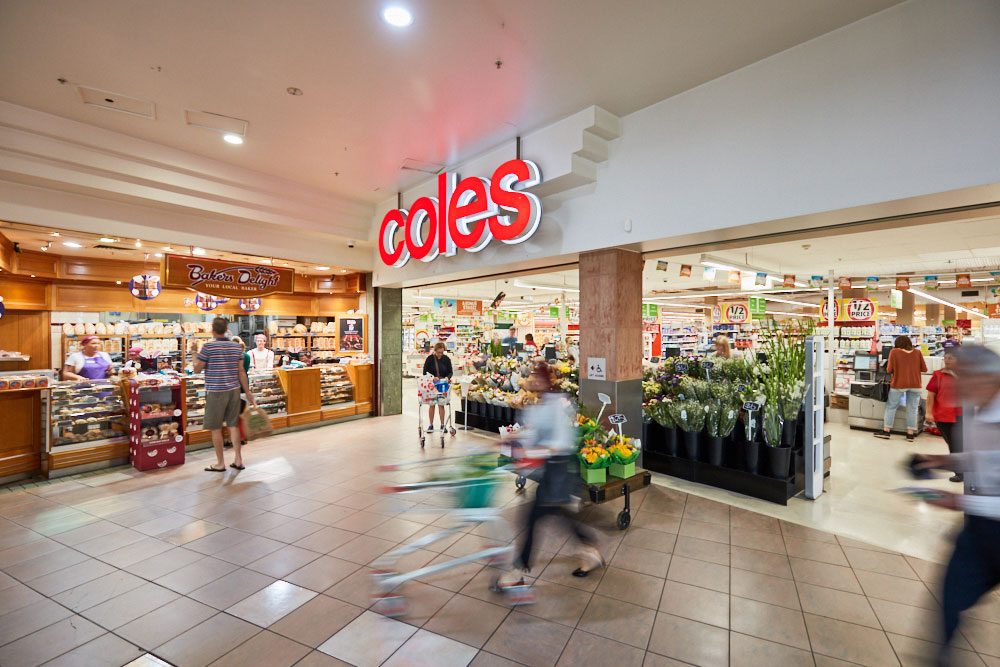This article is from the Australian Property Journal archive
CHARTER Hall’s convenience retail and service station trust has posted a 5.2% increase in full-year earnings and is forecasting further growth on the back of the sectors’ resilience during the pandemic.
Charter Hall Retail REIT (CQR) posted $164.4 million in operating earnings, which on a per security basis lifted 4.0% to 28.4c per unit, as well as a $372.4 million increase in statutory profit to $663.6 million.
Distributions lifted 4.7% to 24.5 cpu.
CQR is forecasting FY23 earnings per unit is expected to be no less than 28.6 cps, representing growth of 0.7%, and distributions to be no less than 25.7 cps, showing 4.9% growth.
Charter Hall Retail’s CEO, Ben Ellis said FY22 was “another year of the CQR portfolio demonstrating its resilience”.
He said the trust has also been active further improving the earnings growth the portfolio can deliver, growing its exposure to major retailers with triple-net and CPI-linked leases. Major tenants such as Woolworths, Coles, BP, Wesfarmers, Aldi, Ampol and Gull now make up 56% of rental income, up from 53.5% a year ago and 50% five years ago, and 31% of those major retailers’ rent reviews are also CPI based.
During the period it picked up a 49% interest in 20 Ampol fuel and convenience retail centres for $50.5 million. More recently, it expanded its service station platform, spending a total of $107.8 million on 18 Gull petrol station assets in New Zealand and extending its interest in a Charter Hall partnership with Ampol that owns a portfolio of 205 Ampol convenience assets.
Its entire portfolio was externally revalued to the end of June, with the total value increasing $498 million t $4.255 billion, with acquisitions of $154 million, capex of $71 million and net valuation growth of $527 million. Total portfolio cap rate compressed from 5.81% to 5.2%. Its shopping centre convenience retail portfolio cap rate tightened from 6.12% to 5.45%, and the long WALE convenience retail portfolio from 4.69% to 4.33%.
Ellis said positive leasing spreads, high occupancy levels and MAT growth are expected to continue as market conditions normalise.
CQR saw 480 specialty leases completed at an average spread of 2.3%, made up of 169 new leases at a 3.7% average spread and 311 renewals at 1.8%.
“Portfolio income is expected to benefit from inflation-linked rental growth, while investor demand for high quality non-discretionary convenience-based assets will continue to support valuation growth,” Ellis said.




